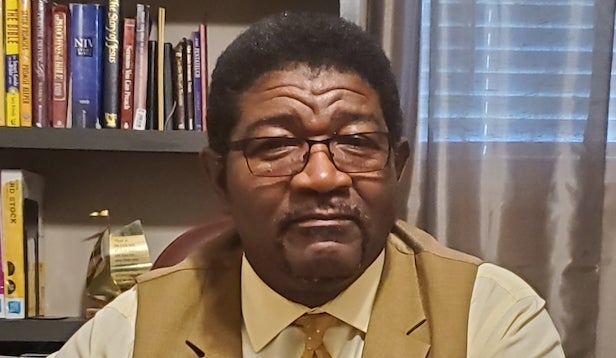Caregivers need care too
Published 7:21 pm Friday, June 8, 2018
It’s that time of year again! The weather is warm, trips to the sandy beaches with family are being put on the books, and we are celebrating our loved ones with such holidays as Mother’s Day and Father’s Day. All of the love and care poured into our mothers, grandmothers, fathers and grandfathers is wonderful. But some pour this love and care into loved ones every day — day in and day out — forgetting to take care for themselves.
When one is a caregiver, they can easily put themselves on the back burner. Caregiver burnout is a state of physical, emotional and mental exhaustion. Caregiver burnout is common and not anything to be ashamed of. Awareness of such state is important, as well as how to handle the stress and exhaustion.
Physical Exhaustion: Signs of physical exhaustion include a caregiver not wearing the same clothes they’ve always worn (old T-shirts, going out in “around the house clothing”), no make-up, hair not kept neatly trimmed or styled, dark circles under the eyes, and even easily catching “bugs” and viruses quicker or easier than they used to. A person’s body takes a hard toll when they are up all hours of the night. It’s very strenuous on any one person having to assist with baths or helping mom in and out of the bed. In a sense, being a caregiver to an adult is like being a caregiver to an infant or young child. As a new mother myself, I remember vividly the best advice ever given to me. It was, “take the help when help is offered.” I believe this is true for caregivers of adults as well. Allow close friends or family that offer to help do just that — help! They are truly wanting to take some of the workload off the caregiver, which will be able to give a body rest. A caregiver may even be able to take a nap, enjoy some self-pampering, or just enjoy the view from the front porch with a cold glass of ice tea in hand.
Emotional Exhaustion: Caregivers who are truly burnt out usually do not like to admit they are emotionally exhausted. There is something “easier” about saying you are physically or mentally tired, but in true caregiver fashion, one likes to always seem to have their emotions in check. This is extremely common and more than acceptable. How can one support another person going through such an emotionally charged time in their life, when they themselves are not exercising, as well as resting, their emotions? When someone is dedicating their time to taking care of a loved one going through a life change and needing so much support and assistance, a lot of emotions come into play. Life has now dealt the card that someone you care about is now needing assistance with everyday tasks. If a caregiver you know seems to be having multiple crying spells, quick changes in attitude (positive to negative), feels furious, sad or helpless, they may be emotionally exhausted. The first step is admitting to emotional exhaustion. Do whatever needs to be done to find a place of gathering. This may be crying, truly laughing, praying/meditating or even taking a ride in the car and singing to the top of their lungs to their favorite song. Caregivers need to make sure they are emotionally stable in order to help another person as they face the emotional life changes they may be going through.
Mental Exhaustion: Mental exhaustion is different from emotional exhaustion in the sense that one can no longer think clearly or function as they should. As a mentally exhausted caregiver, they may experience headaches. They are so overwhelmed with the bills, instructions, routines and medications that they are unable to attend to them. This, in turn, does not service the loved one needing help well at all. They may even be awake all hours of the night with their minds racing. The caregiver can experience exhaustion during the day.
Take Care of You: Take the time to rest your mind, accept help from close friends or family, take enough time to recharge, eat healthy, exercise and make an appointment with your physician to discuss any concerns you may have. Everyone needs care. Everyone needs to be the best they can be before reaching out and helping others. If you don’t take time for you and something happens to you, what will happen to the person you are caring for?
Brittany Elks is the community liaison for Vidant Home Health and Hospice. She can be reached at 252-833-8196.





